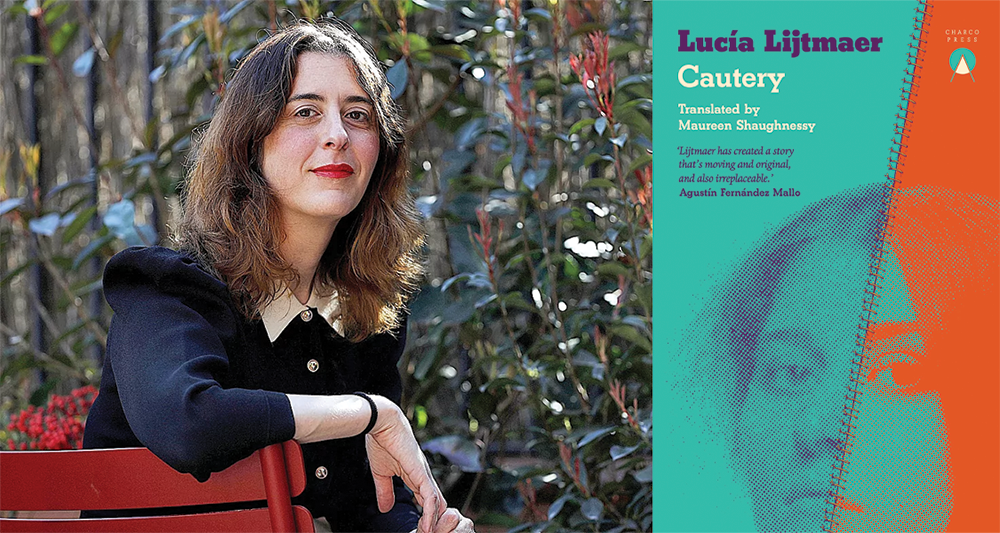Cautery by Lucía Lijtmaer, translated from the Spanish by Maureen Shaughnessy, Charco Press, 2025
Last October was a particularly busy month for news providers in Spain. Deadly, climate change-induced floods ripped through Valencia; the desperate residents of Barcelona and the Canary Islands continued to protest against unsustainable levels of tourism and unregulated property speculation; and in Madrid, sleazy stories of coercion and coverups involving a prominent young politician rattled a progressive left-wing party to its core. Despite the depressing familiarity of such headlines, it almost seems portentous that all of these subjects appear in one form or another in Lucía Lijtmaer’s 2022 novel, Cautery. An accomplished writer and co-director of the acclaimed feminist pop-culture podcast Deforme Semanal Ideal Total, which tackles everything from critical theory to modern dating, Lijtmaer’s finger is firmly on the pulse of millennial Spanish society.

